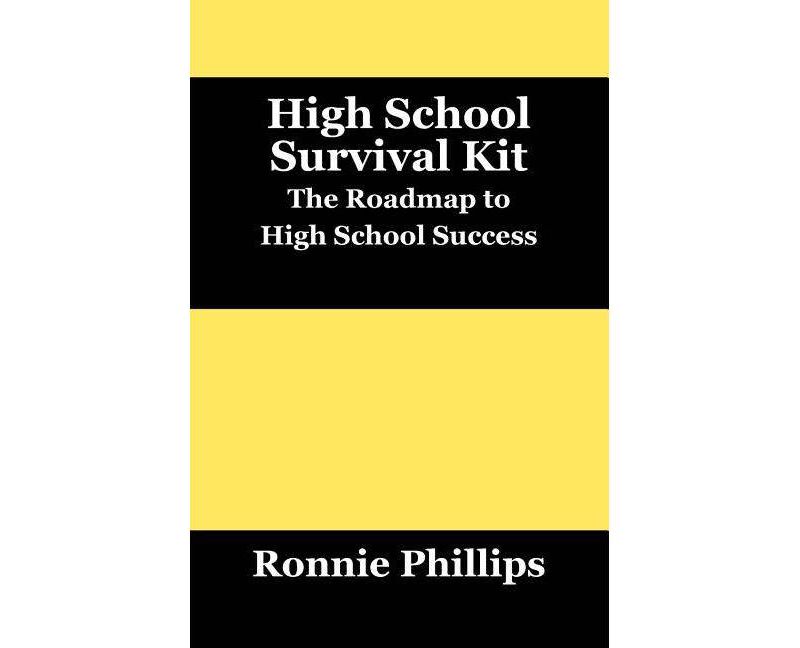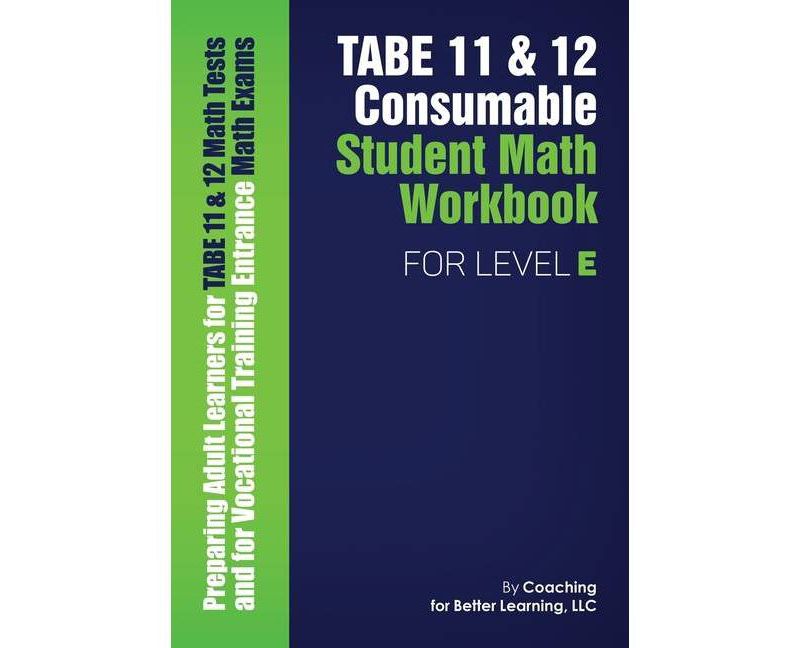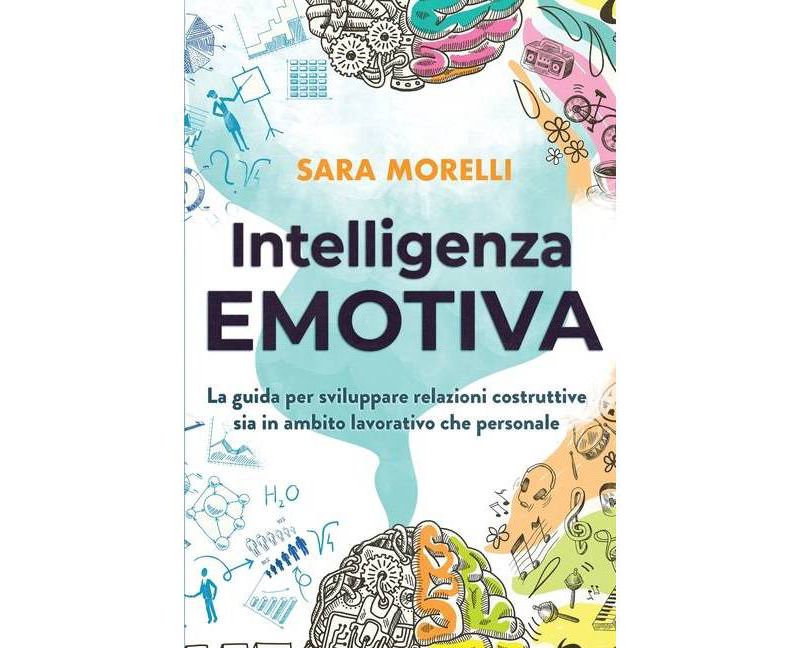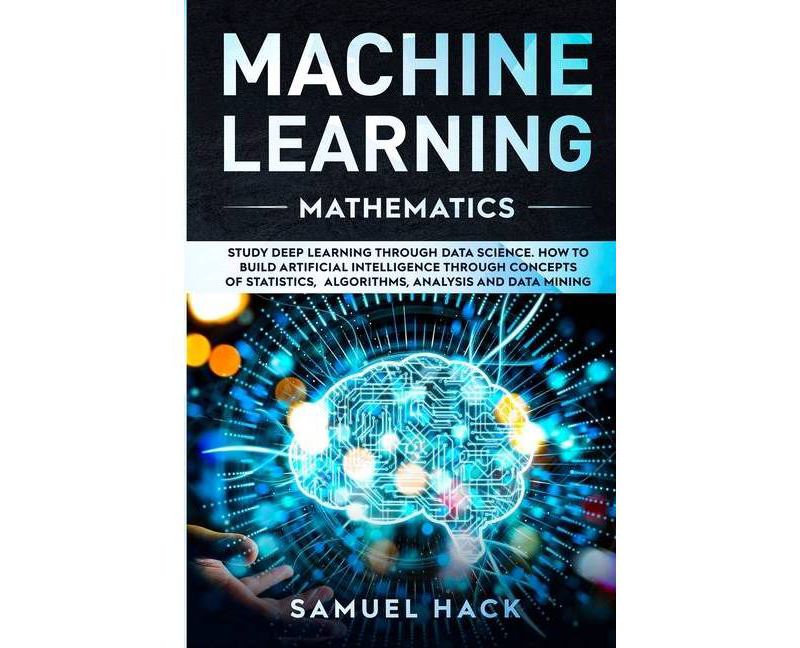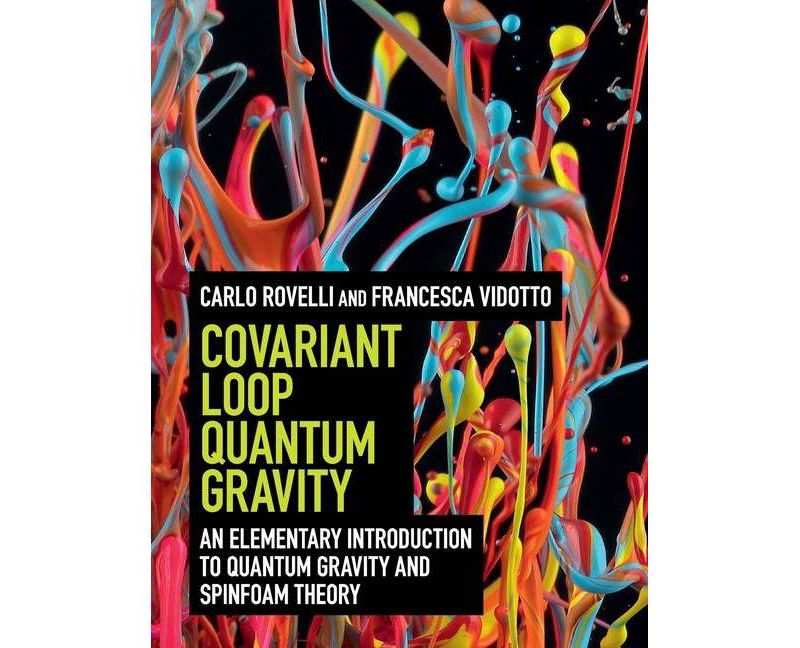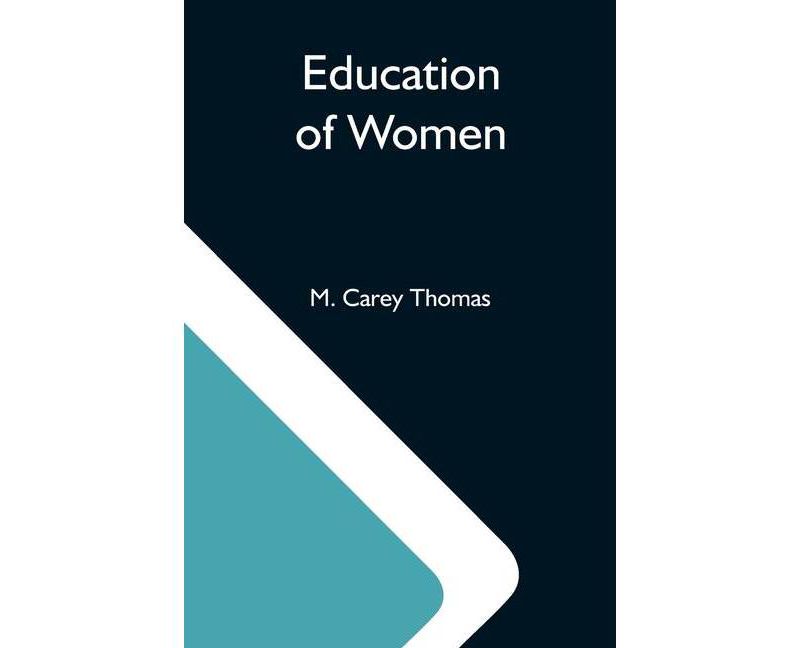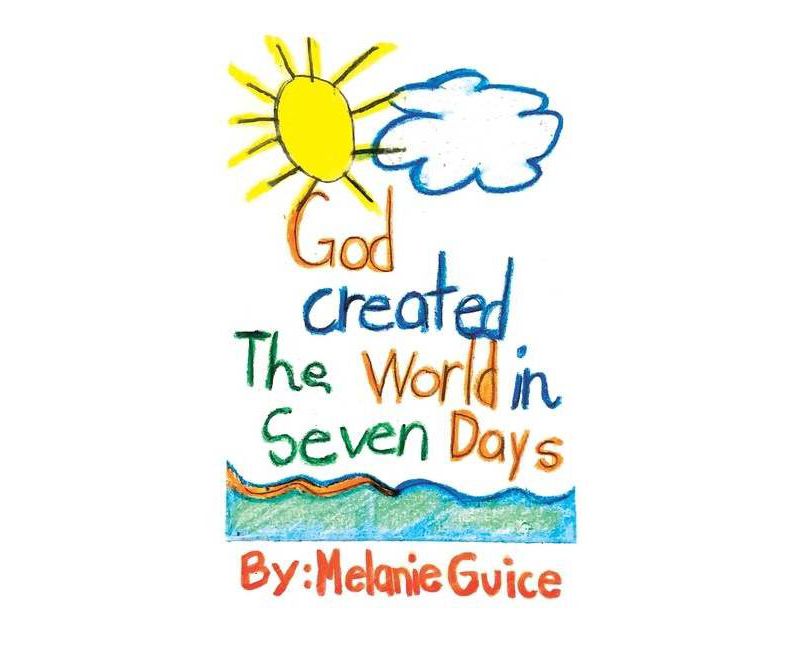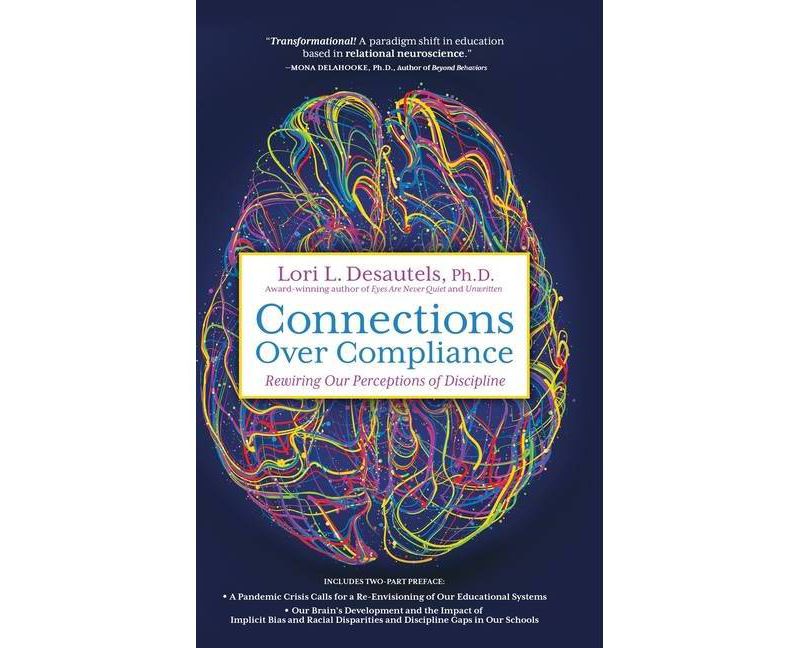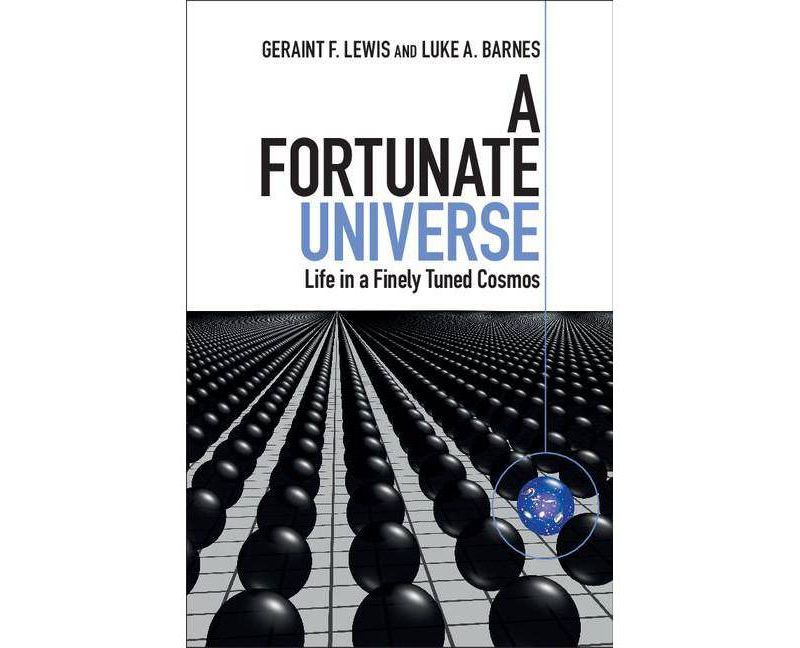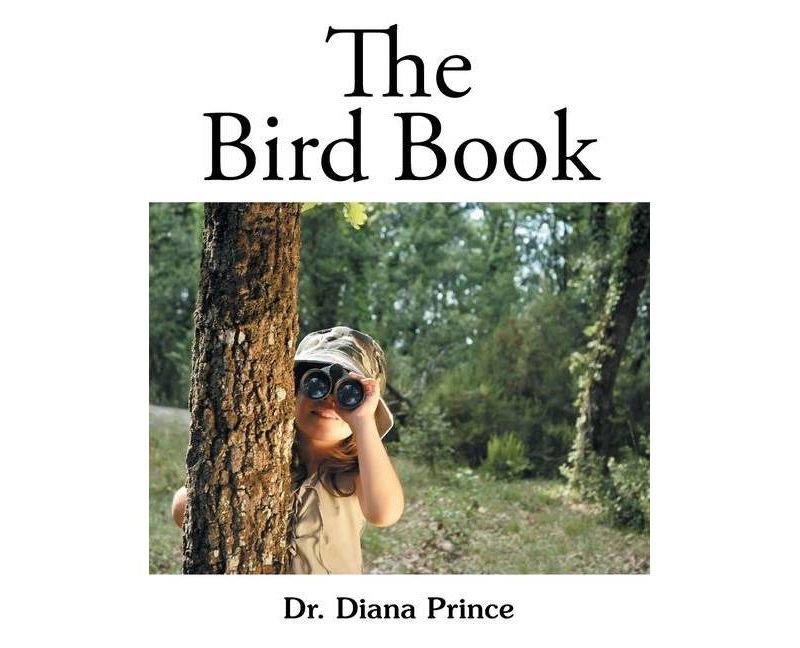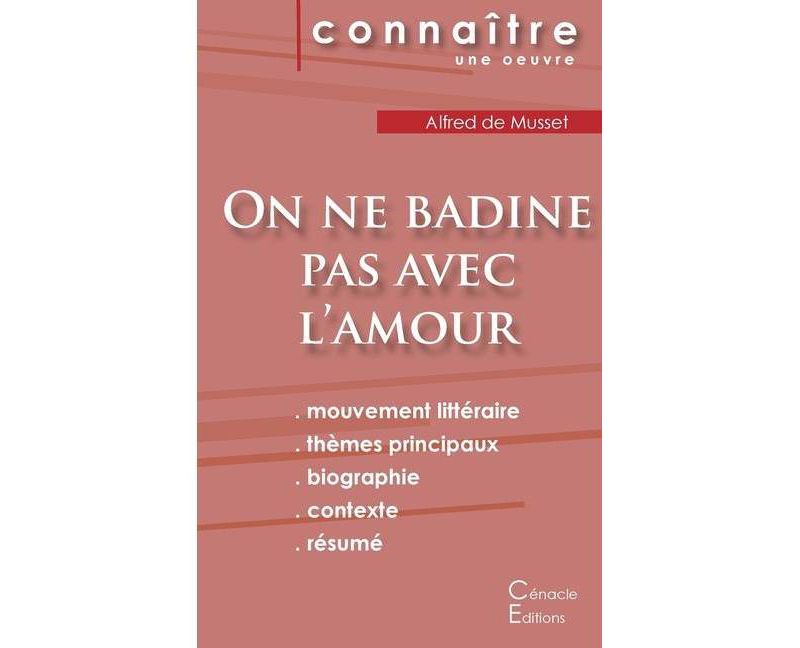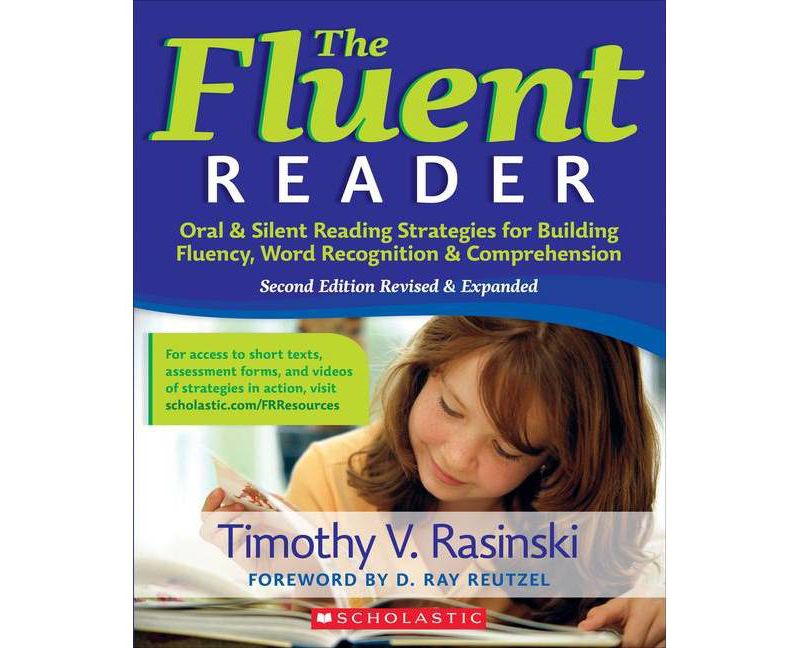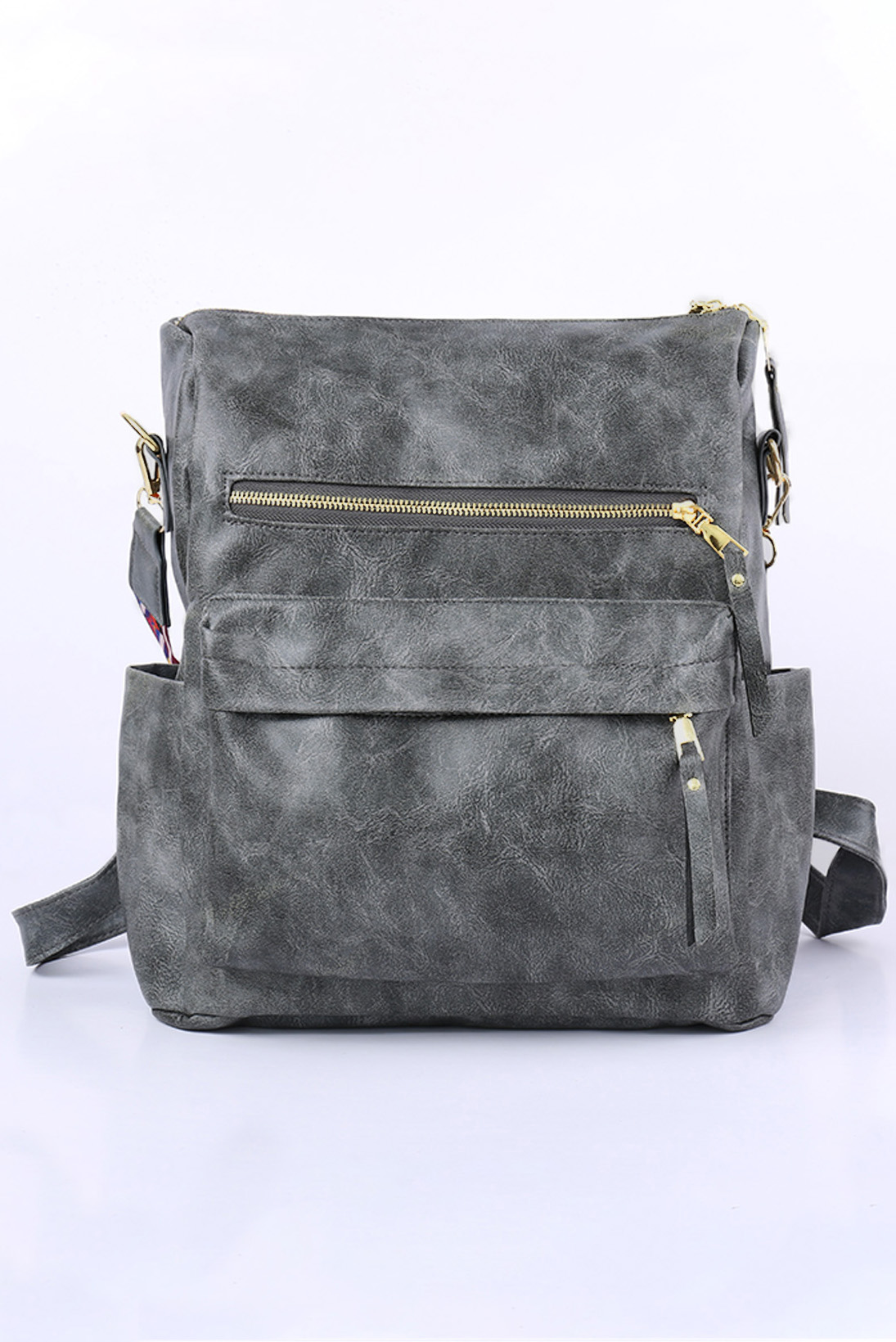Buy Windfall - by McKenzie Funk (Paperback) in United States - Cartnear.com
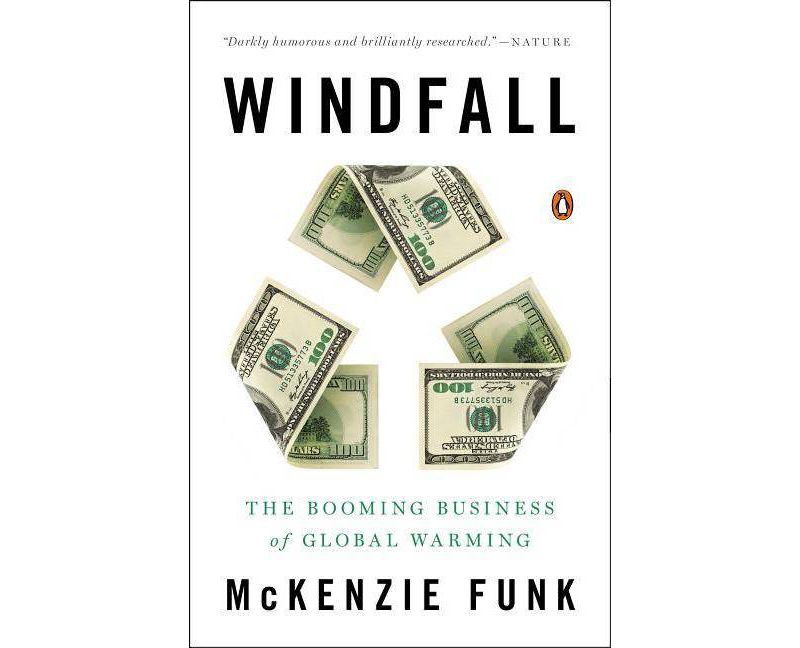
Windfall - by McKenzie Funk (Paperback)
CTNR3600 09780143126591 CTNR3600$ 18 $ 18 2% Off
*Product availability is subject to suppliers inventory
SHIPPING ALL OVER UNITED STATES
100% MONEY BACK GUARANTEE
EASY 30 DAYSRETURNS & REFUNDS
24/7 CUSTOMER SUPPORT
TRUSTED AND SAFE WEBSITE
100% SECURE CHECKOUT
Genre: Science
Sub-Genre: Global Warming & Climate Change
Format: Paperback
Publisher: Penguin Books
Age Range: Adult
Author: McKenzie Funk
Language: English
About the Book
"An investigation into how entrepreneurial people and institutions around the globe are cashing in on the new world being created by global warming--and who will pay the price for it"--Book Synopsis
A fascinating investigation into how people around the globe are cashing in on a warming world McKenzie Funk has spent the last six years reporting around the world on how we are preparing for a warmer planet. Funk shows us that the best way to understand the catastrophe of global warming is to see it through the eyes of those who see it most clearly--as a market opportunity. Global warming's physical impacts can be separated into three broad categories: melt, drought, and deluge. Funk travels to two dozen countries to profile entrepreneurial people who see in each of these forces a potential windfall. The melt is a boon for newly arable, mineral-rich regions of the Arctic, such as Greenland--and for the surprising kings of the manmade snow trade, the Israelis. The process of desalination, vital to Israel's survival, can produce a snowlike by-product that alpine countries use to prolong their ski season.
Drought creates opportunities for private firefighters working for insurance companies in California as well as for fund managers backing south Sudanese warlords who control local farmland. As droughts raise food prices globally, there is no more precious asset.
The deluge--the rising seas, surging rivers, and superstorms that will threaten island nations and coastal cities--has been our most distant concern, but after Hurricane Sandy and failure after failure to cut global carbon emissions, it is not so distant. For Dutch architects designing floating cities and American scientists patenting hurricane defenses, the race is on. For low-lying countries like Bangladesh, the coming deluge presents an existential threat.
Funk visits the front lines of the melt, the drought, and the deluge to make a human accounting of the booming business of global warming. By letting climate change continue unchecked, we are choosing to adapt to a warming world. Containing the resulting surge will be big business; some will benefit, but much of the planet will suffer. McKenzie Funk has investigated both sides, and what he has found will shock us all.
To understand how the world is preparing to warm, Windfall follows the money.
Review Quotes
Honorable Mention for the Rachel Carson Environment Book Award The Wall Street Journal
"In Windfall McKenzie Funk, an intrepid American journalist, reports on the lesser-known victims and profiteers of climate change brings a dizzyingly abstruse phenomenon down to a more human scale. Mr. Funk leads us away from the rarefied air of Al Gore and his lethal PowerPoint slides, to mingle with the militiamen, inventors, politicians and activists trying to find their way through an era of turmoil." The Associated Press
"Funk has written a fun book humanizing the problems of climate change, focused on the colorful entrepreneurs who see in an increasingly inhospitable world golden opportunities." Nature
This exposé of the powers and people that view global warming as an investment opportunity is darkly humorous and brilliantly researched. Journalist McKenzie Funk looks at the impacts deemed a windfall for 'climate capitalists': melting ice, drought, sea-level rise and superstorms. He reports far and wide, on the oil-rich far north, where nations jostle as the ice retreats; blaze-prone California and its burgeoning band of firebreak specialists; water-rich South Sudan, where large tracts of foreign-owned farmland could become a gold mine as other regions dry up; and beyond. Men's Journal
The idea that, when it comes to climate change, the meaningful divide isn't between believers and doubters but winners and losers is at the heart of McKenzie Funk's immersive and startling Windfall: The Booming Business of Global Warming. Mother Jones
Most writings on climate change are tedious or polemical. This fabulous book is neither. Journalist McKenzie Funk travels the globe, mingling with the characters who are cashing in (or preparing to) on global warming: Wall Street land and water speculators, Greenland secessionists, Israeli snowmakers, Dutch seawall developers, geoengineering patent trolls, private firefighters, mosquito-abating scientists, Big Oil scenario planners, and African officials overseeing the first phase of a quixotic 4,7000-mile-long foliage barrier against the encroaching Sahara. Rather than waste our time on a settled question (duh, it's real!), Funk offers an up-close-and-personal glimpse of climate change's likely winners--and inevitable losers. Wired
"Some Like it Hot: Forget bitcoin--savvy investors bet on water....In his new book, Windfall: The Booming Business of Global Warming, McKenzie Funk investigates the profiteers cashing in on the planet's woes. GQ
"In Windfall, McKenzie Funk introduces us to people betting money on our dear planet's decimation. Spoiler: They're rich." Outside Magazine
"There have been plenty of books documenting the myriad ways that climate change will take us all down. McKenzie Funk takes a contrarian approach, reporting on the people--and, in the case of Greenland and Canada, countries--that are poised to profit handsomely from the coming chaos." Scientific American
Funk's reporting brings him face-to-face with individuals who are investing in planetary crisis. Far from vilifying these opportunists, he attempts to see the warming world through their eyes. Canadian Business
The business of climate change is growing, in other words, at least somewhat because political action on climate change has so overwhelmingly failed. Barnes & Noble:
The bad news is that we're not cutting our carbon emissions. The 'good' news, according to McKenzie Funk's Windfall is that greedy banks and ambitious entrepreneurs are making billions of dollars on global warming. Much of these new frontiers of money-making derive from calculated bets on continued failure and warming, not on corrective measures. Funk's modern day muckraking lends new perspective and detail to mainstream media coverage and the ongoing debates about climate change. Definitely a conversation starter. The New Yorker's Page-Turner:
Funk's take on global-warming profiteering is as entertaining as it is disturbing. Kirkus Reviews (STARRED):
"A shocking account of how governments and corporations are confronting the crises caused by global warming... A well-written, useful global profile emphasizing concrete solutions rather than ideological abstractions." Publishers Weekly:
For most of the planet, the specter of global warming is ominous, but as journalist Funk reveals in this startling book, there are those who view the Earth's dangerous meltdown as a golden opportunity...Funk's original, forthright take on this little-discussed profit-taking trend in the climate change sweepstakes is very unsettling. Eliza Griswold, author of The Tenth Parallel
Funk's talent shimmers from the pages of Windfall. Here is a brilliant young stylist at work, pushing the boundaries of investigative journalism and literary non-fiction. With grace, humor and hard-nosed reporting on the startling business of climate profiteering, he takes us along on a searing ride into the maw of the apocalypse.
Charles Graeber, author of The Good Nurse"Funk is a first-rate storyteller who packs adventure and humor in his journalist's bag, and delights in the absurd details of business as unusual. The result is a meticulously researched romp through the backrooms of the climate change industry, by turns thrilling and appalling, and ultimately rather important. There's money under the melting ice, and Funk follows it. Perhaps the only fun book on global climate change you'll ever read." Elizabeth Kolbert, author of Field Notes from a Catastrophe
Smart, daring, and darkly funny, Windfall offers a new take on perhaps the world's most intractable problem. McKenzie Funk is a gifted storyteller. Eric Klinenberg, author of Heat Wave and Going Solo
Climate change may well be humanity's greatest challenge, but here McKenzie Funk offers definitive evidence that it's also a great way to make a buck. Windfall is a gripping account of how banks, energy companies, engineers, and entrepreneurs have turned a global crisis into a golden opportunity, harvesting short-term profits while sowing the seeds of future ruin. It's an engaging, infuriating, and important story about the way the world works now, and about the reasons it may not work at all tomorrow. Donovan Hohn, author of Moby-Duck
Exploring the profitable frontiers of climate change, Funk travels the globe like some sort of journalistic special agent, patrolling the melting Arctic on a Canadian battleship one minute, breakfasting with the son of a Sudanese warlord the next. His secret weapons: a highly sensitive irony detector and a satirist's eye for vanities and vices that Twain would have admired. The result is a wonder, a nonfiction eco-thriller that is disturbing, yes, revelatory, yes, but also a lot more fun than books about ecological catastrophe are supposed to be. Jon Mooallem, author of Wild Ones
McKenzie Funk has traveled around a planet that's melting, flooding and drying out all at once to meet the peculiar characters who are making the biggest, amoral hedge of our time: finding the value and opportunity hidden in all this ecological upheaval. Windfall is a shocking and important book that reads, at times, like dystopian science fiction written by Michael Lewis. But this unrecognizable world is our world, of course. Funk argues that the people he meets merely see it more clearly than the rest of us do.
About the Author
McKenzie Funk is a journalist whose work has appeared in Harper's, National Geographic, Rolling Stone, GQ, Outside, and The New York Times. A National Magazine Award and Livingston Award finalist and the winner of the Oakes Prize for Environmental Journalism, he was a Knight-Wallace Fellow at the University of Michigan, where he studied economics and systems thinking. He lives in Seattle with his wife and son.
